Why
Boost?
According to the OECD, around 50% (1) of children with parents who have poor educational qualifications will themselves also have few qualifications and will therefore go on to have low incomes.

Given the current socio-economic context in Belgium, a minimum of four generations are needed for young people from the most vulnerable families to reach the average Belgian income. This means that an average of around a hundred years are needed for any foreseeable social mobility for these youngsters. The effects of such a situation are harmful not just for the individuals concerned, but also in the wider context, to society itself. Such a situation inevitably impacts economically, politically and socially on our society.
Education
Our young people are among the best educated in the world. Unfortunately, our educational system is also one of the least egalitarian (2). We see this particularly in the educational performances of youngsters from underprivileged backgrounds, in both secondary and higher education.
The labour market
In 80% of cases, jobs in Belgium demand workers with a medium or high level of educational qualifications, yet the same percentage of those without work has low educational qualifications. Although the situation has improved considerably in recent years, there are still too many unemployed youngsters, particularly in Brussels, where 20,7% (3) of those under 25 have difficulty in finding a job suitable for their low level of education.
Our work must offer more equitable conditions for youngsters from the most disadvantaged backgrounds. All young people should have the same chance to succeed.
Investing in education and personal development for the most vulnerable offers young girls and boys who are supported the possibility to fully exploit their potential, to succeed and to foresee financial autonomy in just a few years.
Investing now
is also an investment for the future
By maximising the chances of success for these youngsters, Boost is also targeting future generations, because future children of those supported by Boost today will also have a greater probability of entering higher education. OECD statistics show that among children whose parents have good educational qualifications, only 10% of them will be low educated.
Why
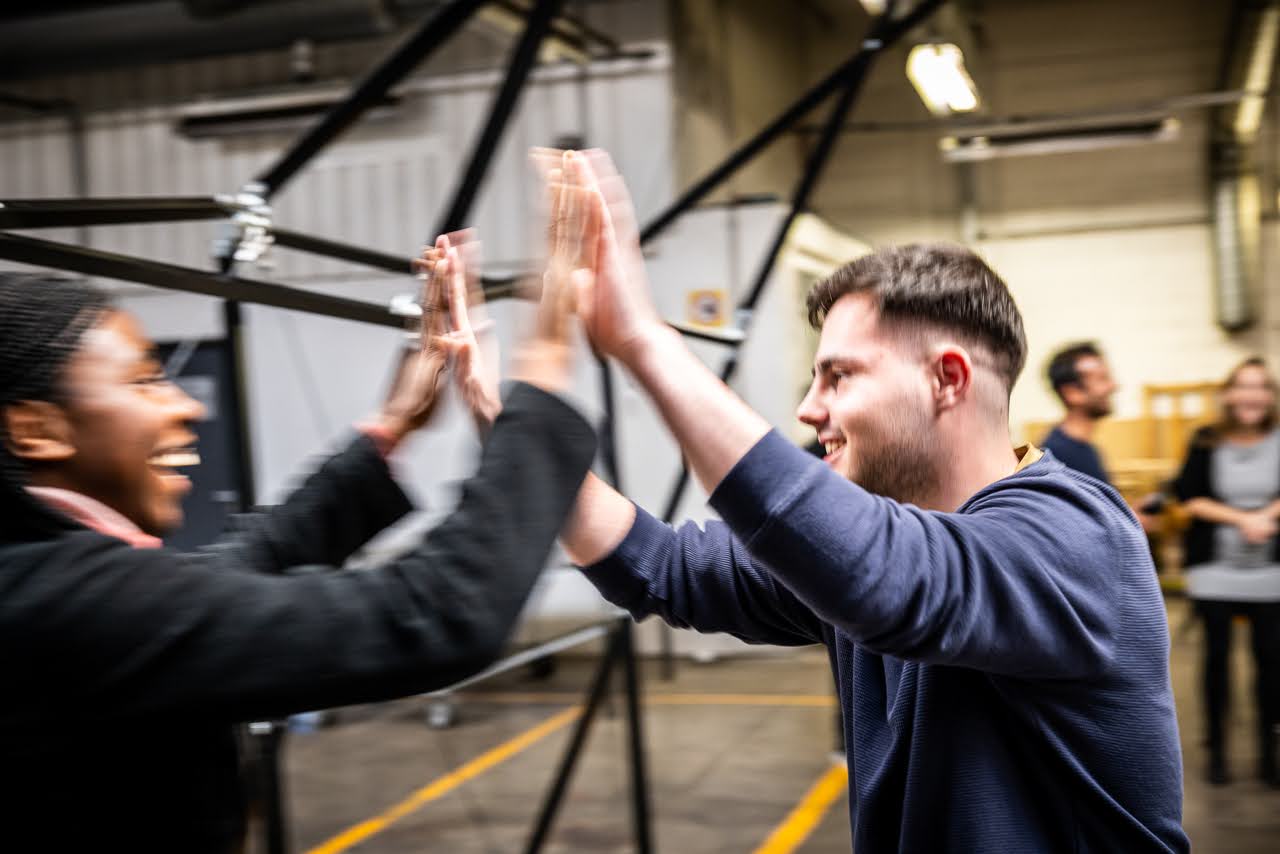
- Empowering talented youngsters from underprivileged backgrounds
- Equal opportunity
How
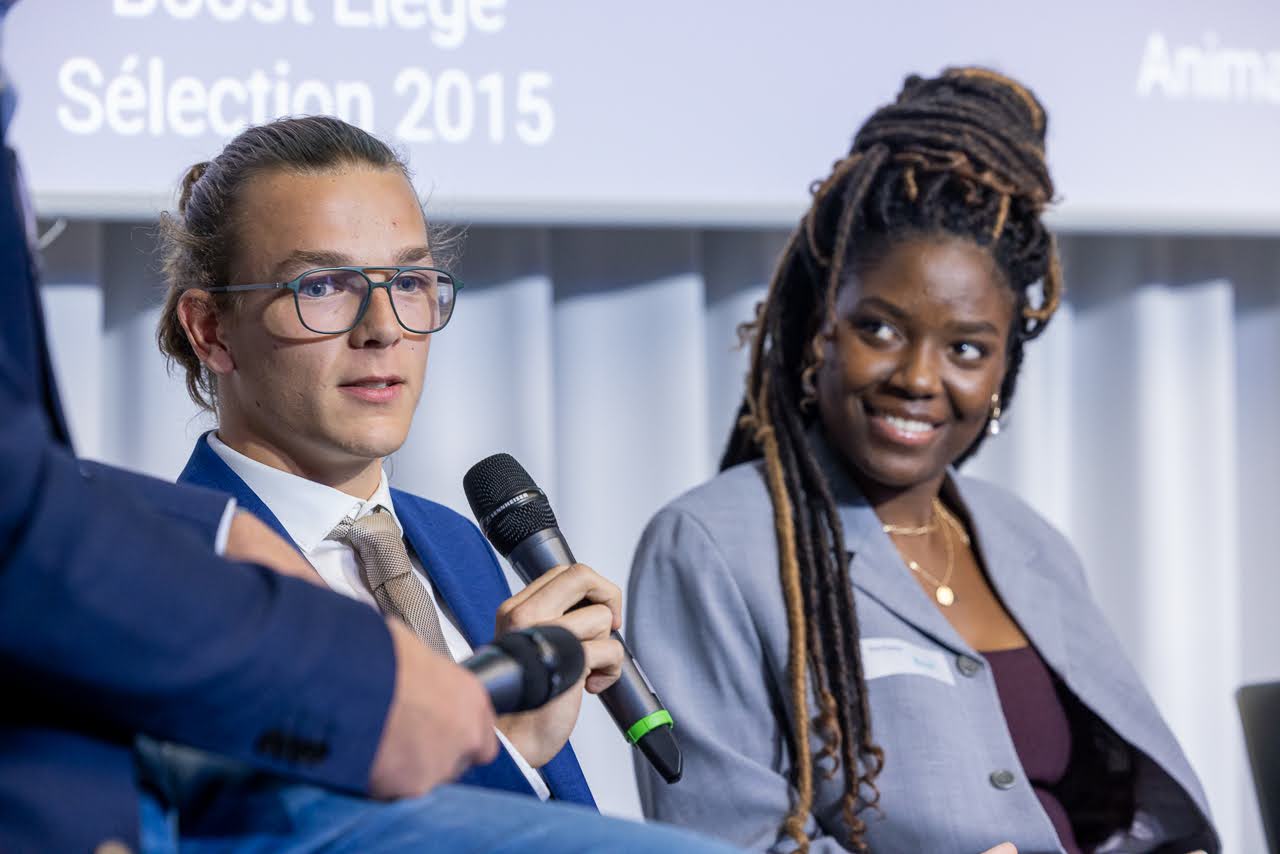
- Develop talent
- Inspire
- Train
- Connect
- Mobilise
What
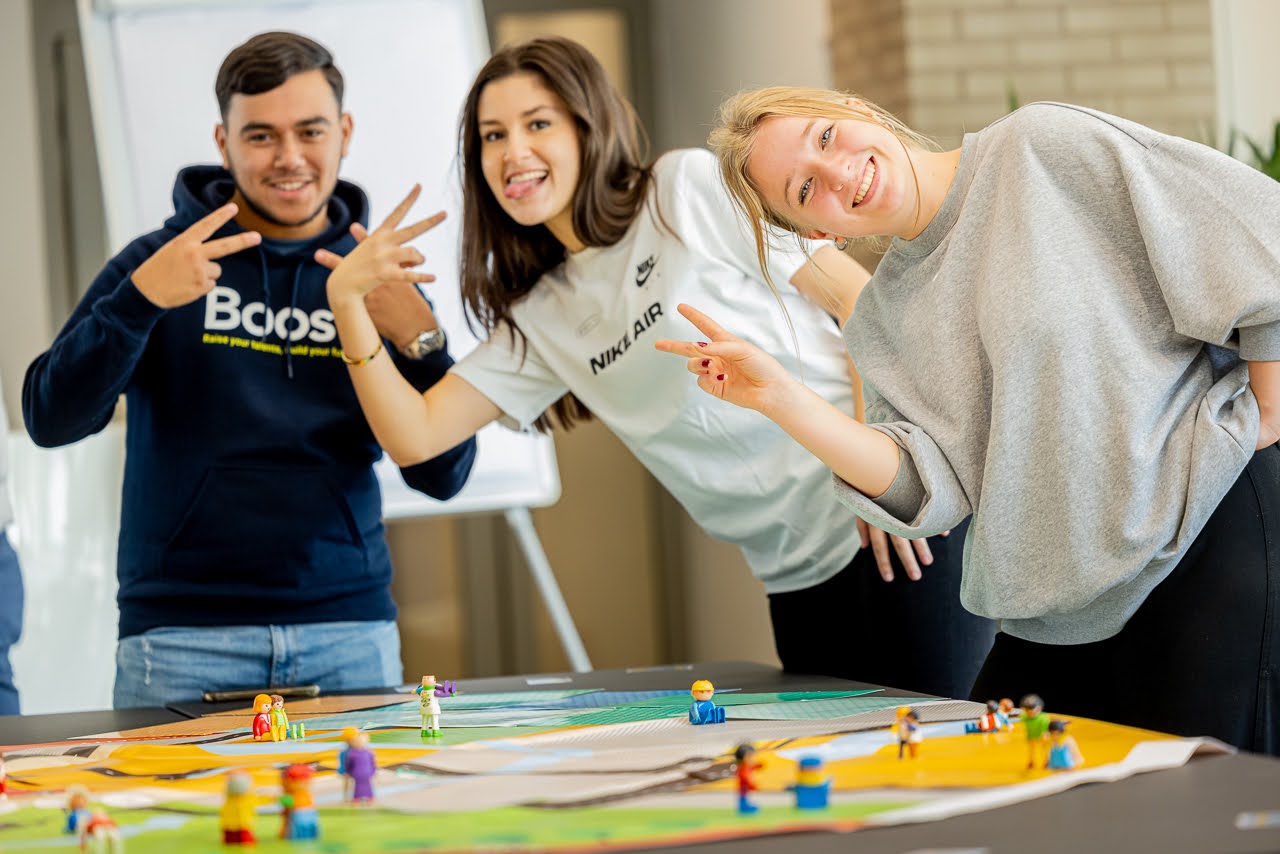
- Workshops
- Grants
- Language courses
- Cultural activities
- Laptop and printer
- Individual coaching
- Mentoring
- School support
- Events
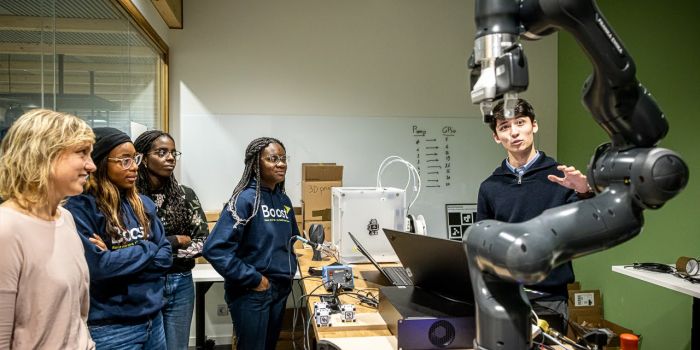
Boost, a program unique in its type
Among the many initiatives that exist to support young people from underprivileged backgrounds, Boost is unique :
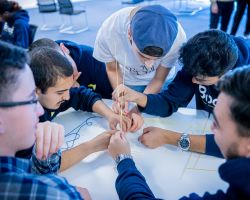
Long-term support
Boost is a long-term program (a minimum of 6 years). It starts at the turning point in a youngster’s development – aged around 15 – when she or he is in the throes of adolescence, a few years before the time comes for further education. It is a period when young people are particularly receptive and open to reflexion. In other words, Boost intervenes a few years before higher education, at a time when it is still possible to influence their path.
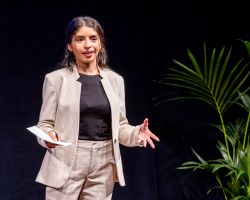
Personal development
Whilst educational achievement and securing the first job are our priorities, we believe that personal development is just as important. So, our young people also have opportunities to discover themselves as well as new horizons, through inspirational meetings, language courses and so on.
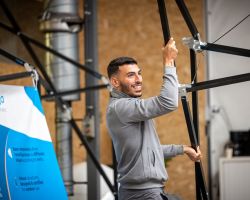
An integrated approach
Our approach combines collective support, personal coaching, material and financial support and networking.

Networking opportunities
The young people we support have lots of occasions to share their talents and experience. We also make them aware of the importance of creating and developing their own networks.
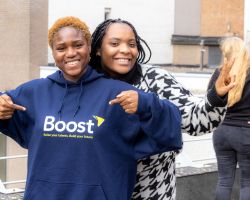
The Boost community
The youngsters we support often have only a very limited number of contacts to help them achieve their ambitions. The Boost community on the other hand comprises a network of hundreds of people in different sectors and cities upon whom they can call, including once they become Boost alumni.
Boost’s impact
Since it was launched in 2011, over 900 young people have already been part of the Boost program in Brussels, Antwerp, Liege, Verviers, Mons, La Louvière, Ghent, Ostend and Ostbelgien. Our vision for the future is even more ambitious. In the coming years, we aim to continue to improve our program and fully capitalise on growth.
Our ambition is both to continually improve our approach whilst also supporting an ever growing number of youngsters in several cities.
Our objective is to go beyond 1,500 young people by 2027. In 2024 Boost counts almost 1,000 young people active in the programme. The average rate of success of our Boosters is 95% in secondary education and between 65% and 73% in higher education.
We choose to give direct support to our youngsters. However, our Boosters do not develop in isolation in society. They are in contact with others (brothers, sisters, parents, teachers, friends etc.) whom they can influence as a result of their own path to success. The overall impact is thus much greater than just on the young people we support.

